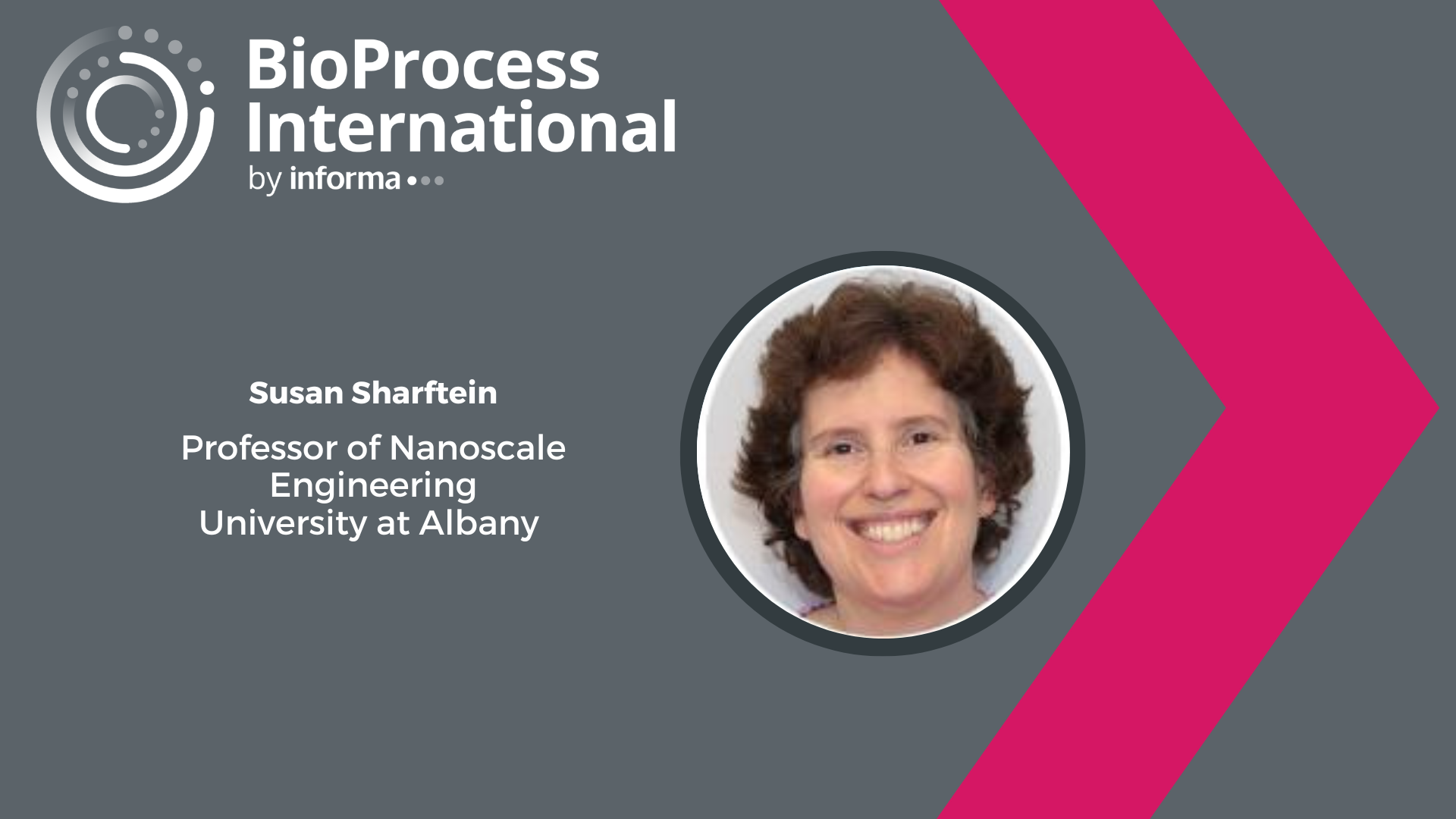BioProcess International (BPI)
Bioprocessing Insights
Expert insights, start-up stories and resources for bioprocessing, biomanufacturing, cell culture development, upstream and downstream processing knowledge.
Speaker Interviews
Watch and read interviews with BioProcess International speakers paving the way with transformations, strategy and innovation.
Andreas Schaaf at Eleva
Plant-based expression: Andreas discusses applying moss-based biotechnology for the development of biopharmaceuticals ahead of his session at BPI 2025.
Jianlin (Jim) Xu at Sanofi
Jianlin talks about the innovative N-1 perfusion platform technology for CHO cell culture - from development to successful scale-up in clinical facilities, ahead of his keynote session this year.
Susan Sharfstein at the University of Albany
Susan discusses her pioneering work in glycosylation control for biopharmaceuticals, ahead of her session at BPI 2025.
Himanshu Gadgil at Enzene Biosciences and Priyanka Gupta at Sartorious
Himanshu and Priyanka share their views on the adoption of intensified process schemes for upstream and downstream processing, and the need for agility in continuous manufacturing.
Start-Up Stories
Discover the innovative biotech startups reshaping healthcare's future—their bold visions, breakthrough technologies, and the passionate founders behind them.
Aurion Biotech is a pioneering clinical-stage company developing cell therapies for vision restoration. Its technology creates up to 1,000 treatments from a single donor cornea, addressing the critical global shortage of transplantable tissue.
Discover the innovative journey of Nanite Inc, a company combining AI-driven polymer design with multiplexed in vivo screening to develop best-in-class nanoparticles engineered for tissue-specific delivery.
Eric Halioua, CEO of PDCline Pharma, discusses his journey in founding and developing a biotechnology company focused on innovative cancer vaccines. Eric shares his background in the biotech industry, the founding story of PDCline Pharma, and the company's development of a novel therapeutic platform using a unique dendritic cell line to stimulate immune responses against cancer.
David Howell, co-founder of Bondwell Technologies, a start-up developing protein-based biomaterials. Founded in 2017, by Texas A&M University scientists and headquartered in College Station, Texas, the company is commercializing a unique platform technology with applications across energy, environment, and medicine.
Key topics being explored at BioProcess International
How are sustainability initiatives reshaping bioprocess facility design and operations?
Sustainability has become a strategic imperative in bioprocessing, with companies implementing water recycling systems, energy-efficient equipment, and waste reduction protocols that significantly lower environmental footprints. Leading organizations are reporting up to 40% reductions in water consumption and 30% decreases in carbon emissions through innovative facility designs and process optimizations that simultaneously enhance operational efficiency and environmental performance.
How are digital maturity models transforming bioprocess development and manufacturing operations?
Digital maturity frameworks are guiding strategic technology implementation across the bioprocessing value chain, enabling organizations to systematically advance their capabilities from basic digitalization to fully integrated smart manufacturing. Companies implementing these structured approaches are reporting 25-40% improvements in development efficiency and manufacturing performance through targeted digital investments aligned with business objectives.
What strategies are emerging to address raw material variability and supply chain resilience?
Advanced supplier integration models, real-time raw material characterization technologies, and AI-powered supply chain analytics are transforming how companies manage material variability and supply risks. These approaches enable proactive identification of potential disruptions and rapid adaptation of manufacturing processes to accommodate material differences without compromising product quality.
What innovations are improving upstream bioprocessing efficiency?
Recent innovations in upstream bioprocessing focus on automated cell culture systems, advanced media formulations, and real-time monitoring technologies that significantly increase productivity while maintaining product quality. These advancements are helping companies achieve higher titers and more consistent manufacturing outcomes with fewer resources.
What downstream processing advances are solving purification bottlenecks?
New chromatography technologies, membrane-based separations, and continuous purification systems are addressing the bottlenecks traditionally associated with downstream processing. These innovations enable more efficient handling of high-titer feed streams while improving product quality and reducing processing times.

Join the community!
Ready to connect with industry leaders and unlock exclusive insights?
Join our LinkedIn community and stay ahead of the curve!











